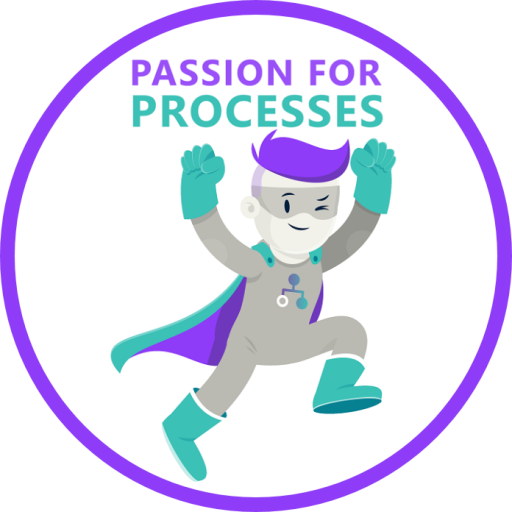
Greater return on Analytics – Strategic Asset – beyond Digital Business Transformation
After reading the HBR survey on what is keeping organizations from effectively using analytics, here my own experiences and comments on the subject:
Industries rich with data, such as the Financial Services industry have made huge progress by generating analytics which result in benefits in revenue growth, ROI and risk reduction. Data is a true Strategic Asset for those companies who use the data to effectively beat the competition in an ever-increasing digitalized business ecosystem. These benefits derived are not just confined to Financial Services but to all industries serious about their data.
The build of the Strategic Asset Data is a key competitive attribute of any Target Operating Model for all industries. Digitalization of workflow processes is enabling this data build up; workflows which are holistically integrated into operations processes and wider business functions, creates a powerful foundation for the organization’s competitive edge. The need to integrate the workflows and the decision making into the analytics process is critical for sustainable superior decision making.
To generate actionable business insights with analytics, business executives and leaders now have the confidence to employ analytics as a game changer compared to the gut feelings of the past, that is an important component of a truly holistic approach to Digital Business Transformation. The constraints of past thinking, including experience and assumption-based insights, are being replaced by standardized analytical tools which provide hard facts that drive innovation and superior decision making.
While deriving insight is fairly straight forward, it is what the business does with the insight that matters – fast decisions and fast implementations produce competitive advantages.
Some key attributes for strengthening insight through analytics are;
- Good data quality – derived from organizational digitalized workflow process that are integrated holistically with the business functions of the organization.
- Developing this “clean data” and a single source of the truth is key to providing impartial decision making. Analytics that are derived from effective and standardized process that have not been corrupted is clean and will enhance business insight.
- A good understanding of how to use analytics to enhance business insight which results in better decision making. Knowing what Data and Analytics methods are needed to answer business questions are not obvious.
- Managements strong adoption of the need for enhanced analytics whilst trusting and relying on the data should not be underestimated; especially when the organization is going through a transformation phase. The real challenge is accepting the organizational reality, that new analytics often require new organizational behavior. A disruptive change in corporate behavior and culture may be needed to accomplish the task.
- The collaboration between the business and the analytics teams is important to ensure the maintenance of integration with the wider strategy of the organization. Businesses that are most successful with leveraging analytics recognize the need for executives to have a strategic plan in place. It is recognized that there is a big gap between best deployment practices and the ad hoc approaches experienced in the average business.
To build the Strategic Asset Data and to optimize the return on investment in Analytics – digital business transformation is key, and organizations should focus on four interrelated initiatives:
- Build the organizational culture around analytics, with executive leadership displaying commitments to data-driven decision making and setting clear strategic and operational objectives for analytics.
- Ensure that analytics are deployed throughout all the core functions of the business and well-integrated into the workflows and daily practice for all staff.
- Develop strong analytical skills inside the organization and encourage strong collaboration between business users and analytics experts.
- Create strong metrics for analytics success, and develop a test-and-learn culture that can make the analytics development process more participative and results more definitive.
There is nothing new in stating that to have clearly established process, practices, and organizational conditions is a pre-requisite for organizational success. The differentiator here in this report is that we recognize that digital business transformation is a key enabler that is acted upon with a priority, driving commitment and enhancement to analytics is a major payoff in ROI and in sustainable competitiveness.










